US House to vote on security bill as lawmakers fear for their safety
Security concerns among US lawmakers, especially after the violent insurrection at the US Capitol on January 6 this year, have grown manifolds, with many members of Congress saying they fear for their personal safety more than they did before the siege.
The threats have more than doubled this year, according to the US Capitol Police, forcing many US lawmakers to beef up security measures in order to protect themselves and their families.
Money for this will come from the massive $1.9 billion spending bill that the US House of Representatives is expected to vote on this week, along with a separate measure that would form a bipartisan commission to investigate the January 6 events.
Democratic lawmakers, in particular, say the two bills are crucial to ensure their safety especially after the traumatic experience of January 6, which was planned and orchestrated by former US President Donald Trump’s right-wing supporters.
“This was an armed assault on our democracy, and I’m a witness — I’m a victim and a witness to it,” New Hampshire Rep. Annie Kuster was quoted saying by Associated Press. She reportedly received treatment for post-traumatic stress disorder (PTSD) after being trapped in the House gallery that day.
Kuster has called for complete investigation by the January 6th commission and measures to foil such episodes in the future.
Democrats say a bipartisan commission investigating the attack and what led to it has assumed more importance after some Republicans recently started to downplay the severity of the insurrection.
It’s not clear, however, how many in the Republican Party will vote for either of the two bills.
Rep. Andrew Clyde from Georgia at a hearing last week said a video feed of rioters looked like they were on a “normal tourist visit.”
Rep. Paul Gosar from Arizona said a woman who was shot and killed by police while trying to break through a window adjacent to the House chamber was “executed,” and claimed that the US Justice Department was harassing those who had been arrested.
Michigan’s Democratic representative Dan Kildee, who also claims to have suffered from post-traumatic stress disorder after the attack, said he has received many threats since January. Some of the calls and messages are specific and credible threats, while others are “abusive, threatening type language.”
The security spending bill, according to reports, would provide congressional offices with more money to combat those threats, including enhanced travel security, upgrades to home-district offices and better intelligence to track people down.
The bill would also “harden” the complex by reinforcing doors and windows, adding security vestibules and cameras and providing dollars for removable fencing that could quickly be erected during a threatening situation while leaving the Capitol open to visitors, AP report said.
At Capitol Hill, lawmakers are currently protected by a tall fence and National Guard troops who have been stationed there since January 6.
Meanwhile, lawmakers have also begun to upgrade their personal security. Rep. Jim Himes from Connecticut says he has started using his house alarm more often and has been more cautious in recent months. “I’ve definitely felt less secure since January 6 than I did before,” Himes, who sits on the House intelligence committee, was quoted saying by AP.
Leaders of the US House of Representatives have been mulling a $200 million budget for permanent deployment of National Guard quick reaction force on the US Capitol to prevent future emergencies.
The so-called Emergency Security Supplemental to Respond to January 6th Appropriations Act was introduced on Friday by Connecticut Democratic Representative Rosa DeLauro and includes $1.9 billion in funding to respond to the January 6 insurrection by right-wing crowds demanding the annulment of the 2020presidential polls won by current US President Joe Biden.
House Democrats earlier his week released a $1.9 billion emergency spending measure that would pay for bills stemming from the January 6 riot and bolster Capitol Hill security in the coming months.
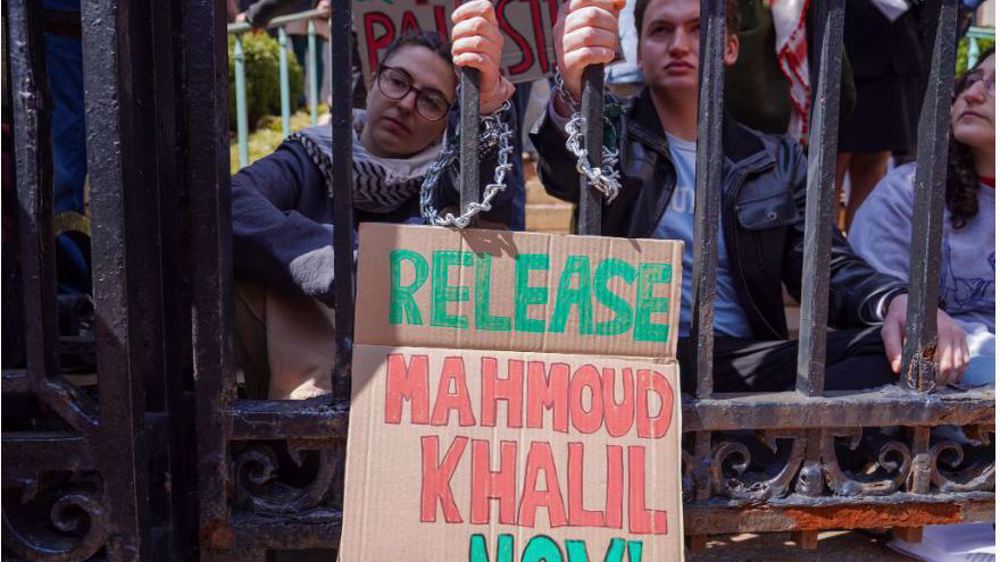
Columbia University students chain themselves to gate in support of Mahmoud Khalil
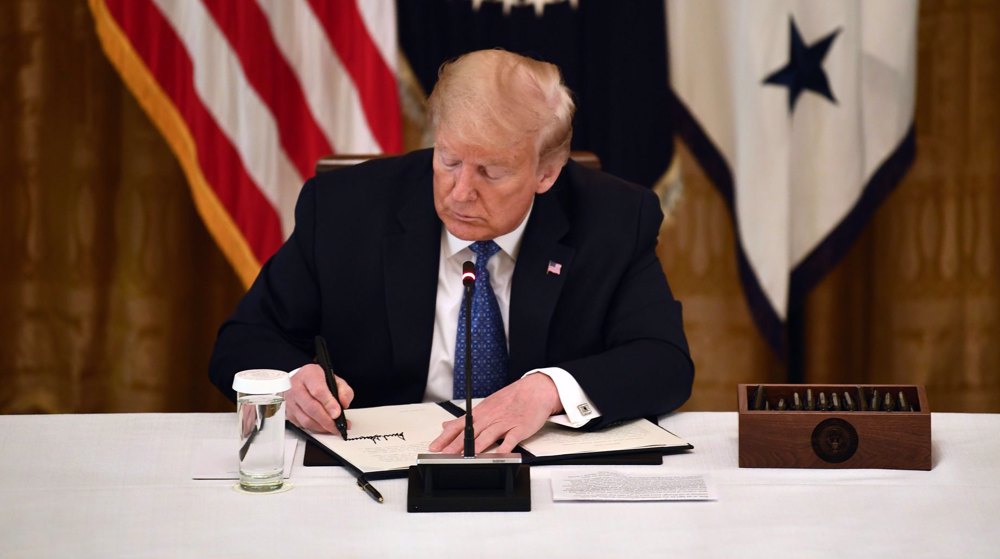
Trump ‘not ruling out’ Iran's offer of indirect nuclear talks: Report
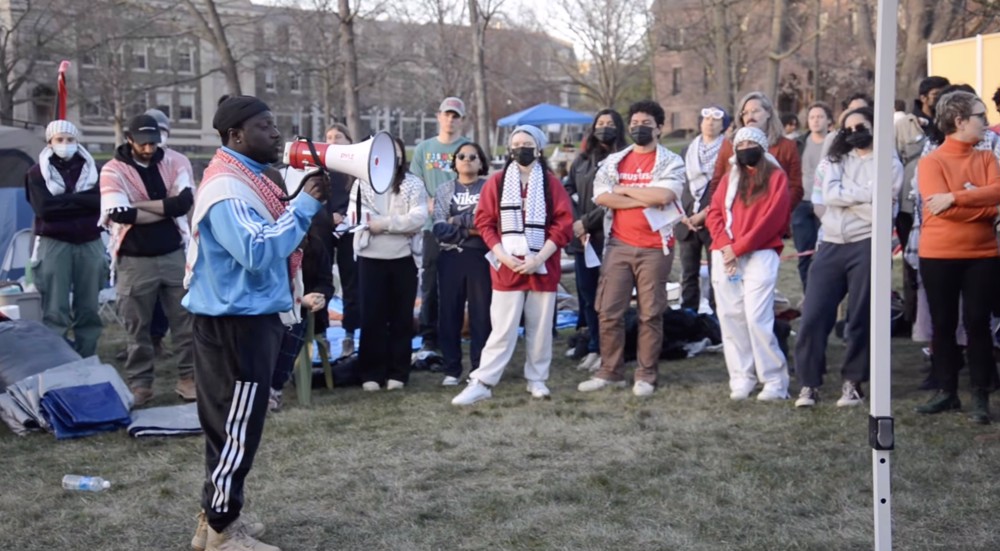
Pro-Palestinian student leaves US amid deportation threats
US airstrikes target multiple sites across Yemen’s Sa’ada
Israel launches ground attacks in Gaza, mounts deadly strikes
Israeli strike kills three, including Hamas official, in south Lebanon
South Korea's court removes president over martial law controversy
Pezeshkian: Iran's capability in defending itself at highest level
VIDEO | Trump’s tariffs risk global trade war; EU prepared to retaliate
VIDEO | Netanyahu visits Hungary despite arrest warrant
VIDEO | Madrid cultural event for Syria with documentary hailing fight against Takfiris


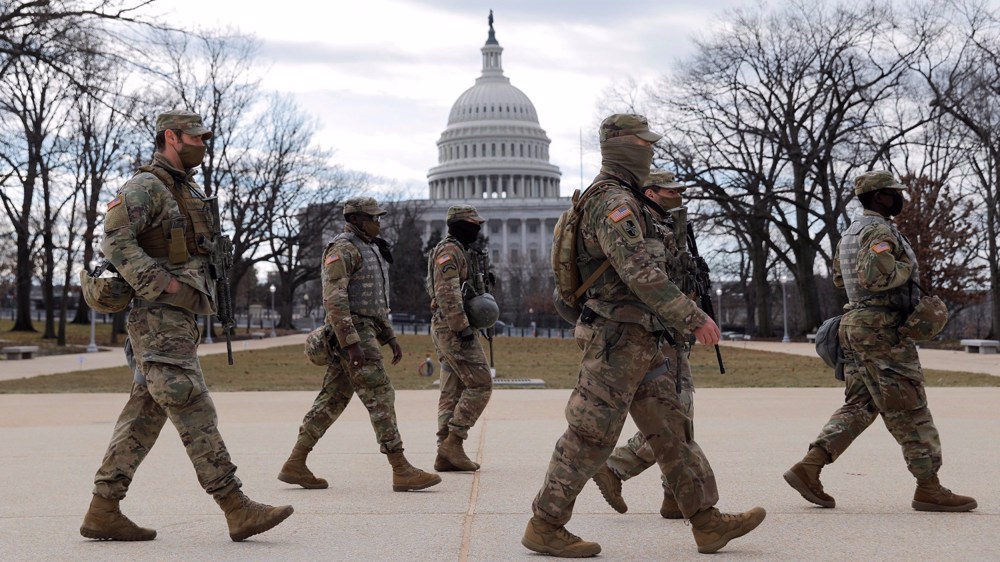






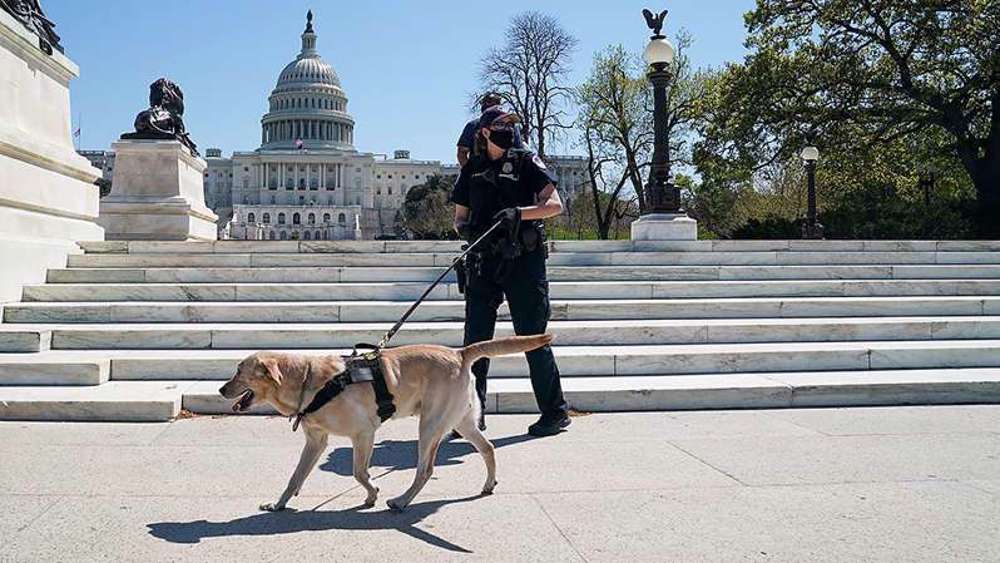
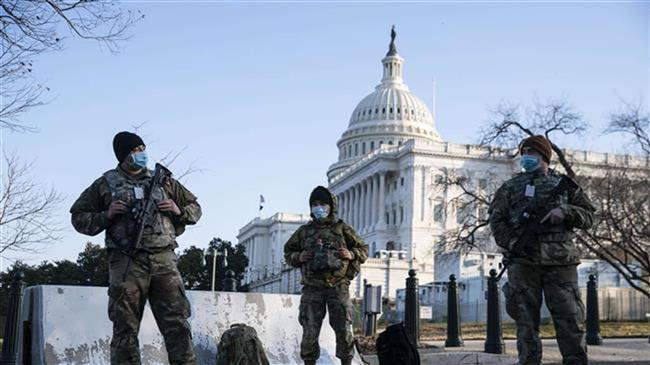
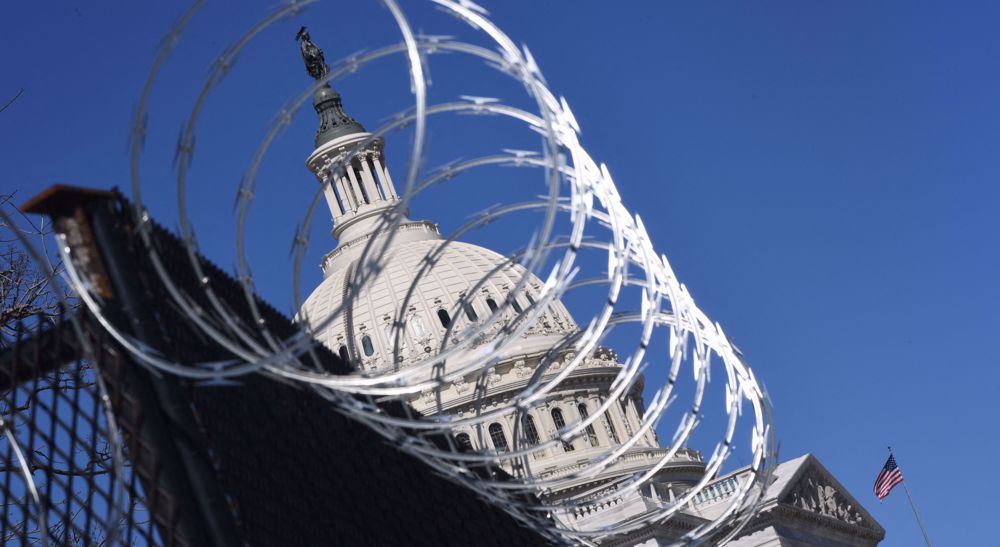
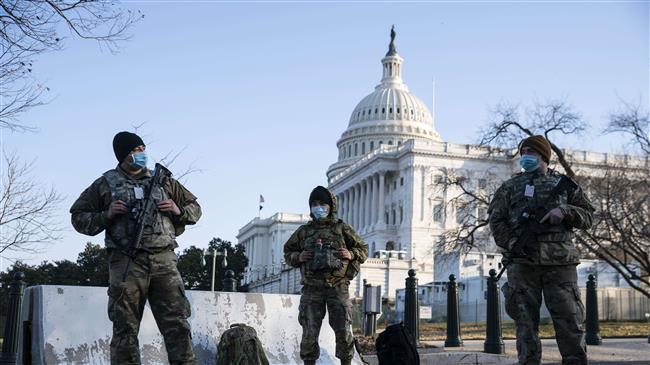
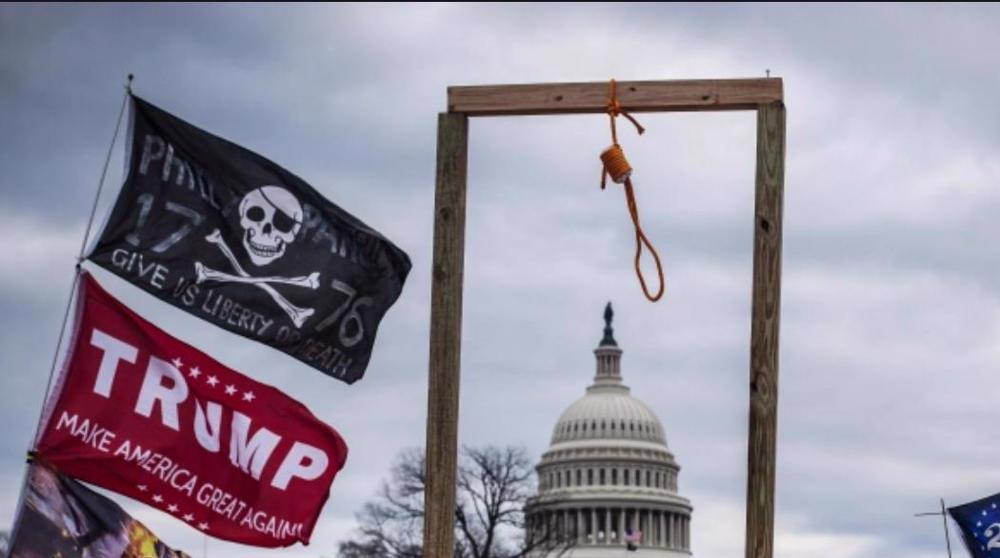

 This makes it easy to access the Press TV website
This makes it easy to access the Press TV website